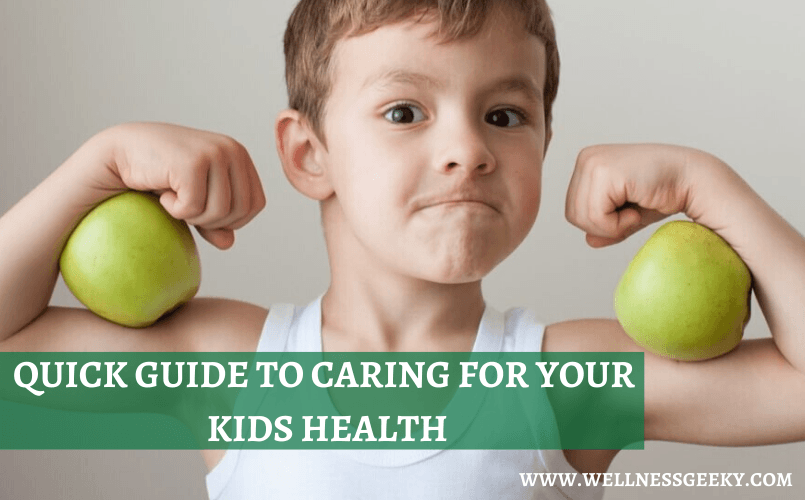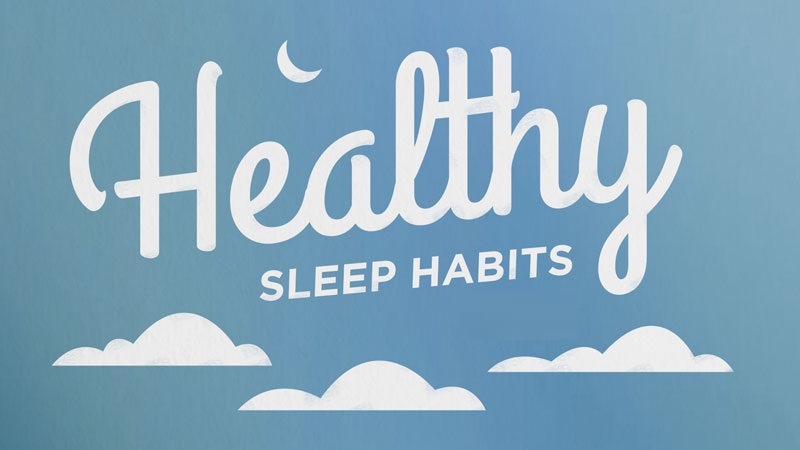
Children spend a lot of time in places where they can easily transfer germs to one another. But by teaching kids some important healthy habits, parents can help make school and health a priority during the year. Here are a few ways to care for your kids' health.
Wash Hands
Washing your hands and your child’s hands is the best way to stop the spread of germs. Viruses can live on hard surfaces for up to 2 days and on hands for up to 5 minutes. When you wash your hands, you help clean them and remove the germs that cause illness.
To stop the spread of germs in your family, make regular hand washing a rule for everyone.
It's especially important: before eating and cooking, after using the bathroom, after cleaning around the house, after touching animals, including family pets, after blowing one's nose, coughing, or sneezing and after being outside.
Visit Doctor
Think of your pediatrician as your partner in your child’s health and well being. Your child can’t always communicate whether she’s really healthy, and you may not be able to gauge whether she’s developing normally.
Many conditions that can be caught in a visit to a pediatrician will not show up in daily life — and catching these things early is often the key to correcting the problems and keeping your child on track for a healthy, happy life.
Boost Family Immune System
Make sure the meals you eat every day include plenty of fresh vegetables and healthy fats and enjoy healthy snacks if you need them, so your blood sugar stays relatively even throughout the day.
Spending some time in natural light is one of the key ways our bodies manufacture vitamin D. Regular exercise contributes to our overall health in numerous ways, and a healthy body means a smoothly functioning immune system.
Good Sleep Habits
Routines are especially important for infants, toddlers, and preschoolers. Doing specific things before bed, such as a bath or storytime, signal to your child what’s coming next. Knowing what comes next is comforting and relaxing, setting the perfect bedtime atmosphere.
Before long, your child’s body may automatically start to become sleepy at the beginning of their routine. Also, know how much sleep your child needs to wake up refreshed and set an appropriate bedtime.
Healthy Meals
The food we eat gives our bodies the "information" and the materials they need to function properly. If we don't get the right information, our metabolic processes suffer, and our health declines. Experts say that a healthy eating plan includes vegetables, fruits, whole grains, and fat-free or low-fat dairy products. A healthy diet also includes lean meats, poultry, fish, beans, eggs, and nuts.


